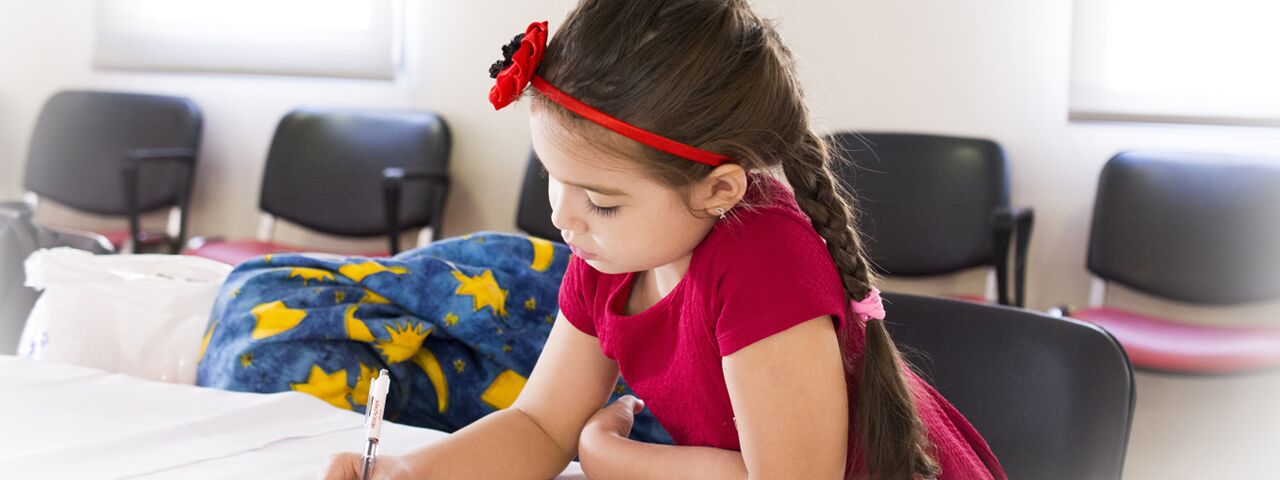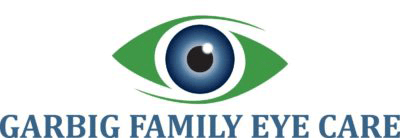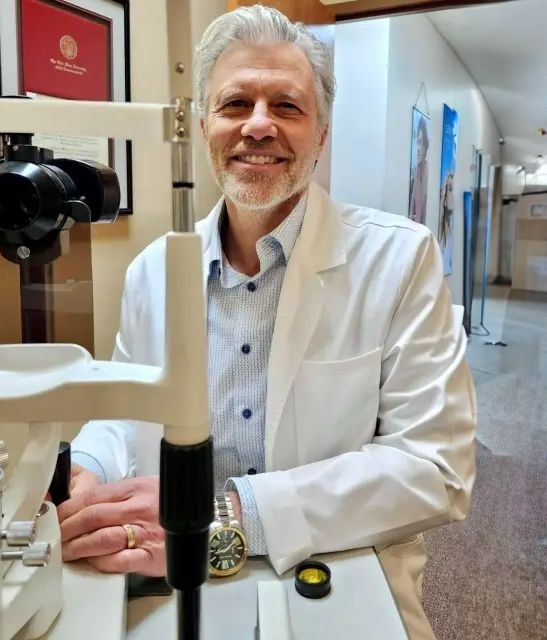Vision Therapy
An individualized program of eye exercises and other methods can treat non-refractive vision problems such as eye alignment and lazy eye.
Strengthen Your Child’s Vision Skills
Just like we are able to train our bodies to build strength, speed and agility, our vision skills can be strengthened. Vision therapy offers a doctor-supervised program to guide children to develop these skills.

Physical Symptoms of Visual Problems
Often children that have difficulty with these functions will suffer physical symptoms as well such as headaches, eye fatigue or short attention spans. With these critical visual skills lacking, tasks such as reading and writing can be extremely difficult and exhausting which can lead to frustration and behavioral problems.

Visual and Perceptual Problems
As a child’s eyes develop, it is not uncommon for a number of problems to occur. Beyond blurred vision due to refractive error including nearsightedness (myopia) and farsightedness (hyperopia), children can develop a number of other visual and perceptual problems that are often not detected by a simple vision exam. Even a child with 20/20 vision, can have underlying vision problems!

Functional Vision Problems
Some of these issues are functional vision problems having to do with the actual eyes, how they move individually and as a pair, as well as their ability to focus. Functions such as eye teaming, tracking, focusing, and-hand eye coordination, all affect a child’s success in school, sports or general functioning.
Who Can Benefit From Vision Therapy?
Healthy people with good visual acuity can still suffer from vision problems that affect their quality of life. Vision therapy has shown to be an effective method of treatment for patients of all ages and for many conditions that affect the visual system, including but not limited to:
- Oculomotor dysfunction (eye movement disorders)
- Accommodative disorders (eye focusing disorders)
- Non-strabismic binocular disorders (eye teaming disorders)
- Strabismus (crossed eyes)
- Amblyopia (lazy eye)
- Visual sequelae of acquired brain injury (stroke or concussion)
- Visual information processing disorders
These vision problems are treatable, and are often overlooked at visual screenings. At Garbig Family Eye Care, we help people overcome these challenges by addressing the underlying vision problem.
More Reading:




